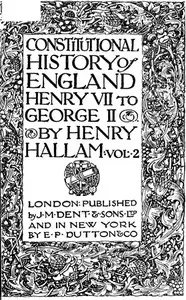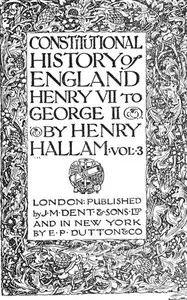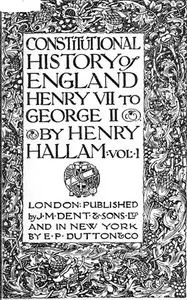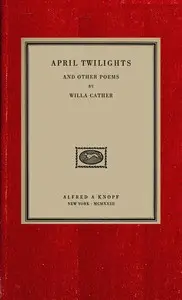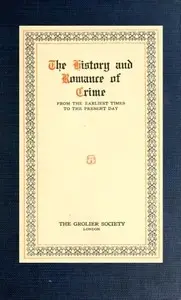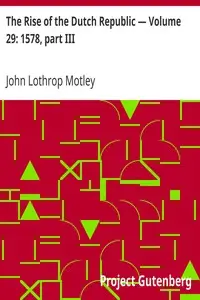"View of the State of Europe during the Middle Ages, Vol. 3" by Henry Hallam is a historical account written in the mid-19th century. This volume delves into the evolution of political systems and social structures in Europe during the Middle Ages, with a particular focus on the development of the English Constitution. The content spans critical themes such as the role of parliament, representation, and the constitutional rights of the populace. The beginning of this volume introduces the reign of Edward I and provides a backdrop to the political landscape of England. Hallam discusses the confirmation of charters and outlines significant advancements in parliamentary representation, particularly the gradual inclusion of the Commons as a legitimate part of the legislature. The opening also touches on the power struggles between the monarchy and the populace, examining early forms of representation through knights and burgesses and the changes in governmental authority throughout the Middle Ages. This sets the stage for a detailed exploration of the historical and constitutional significance of these developments in subsequent chapters. (This is an automatically generated summary.)

View of the State of Europe during the Middle Ages, Vol. 3
By Henry Hallam
"View of the State of Europe during the Middle Ages, Vol. 3" by Henry Hallam is a historical account written in the mid-19th century. This volume delv...
Henry Hallam was an English historian. Educated at Eton and Christ Church, Oxford, he practised as a barrister on the Oxford circuit for some years before turning to history. His major works were View of the State of Europe during the Middle Ages (1818), The Constitutional History of England (1827), and Introduction to the Literature of Europe, in the Fifteenth, Sixteenth and Seventeenth Centuries (1837). Although he took no part in politics himself, he was well acquainted with the band of authors and politicians who led the Whig party. In an 1828 review of Constitutional History, Robert Southey claimed that the work was biased in favour of the Whigs.



